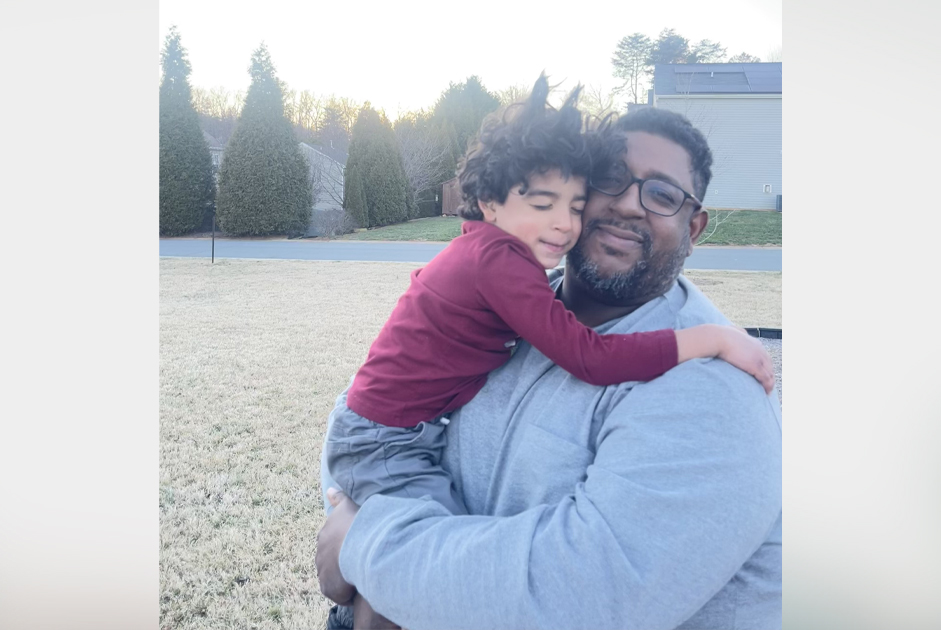As children learn to speak and build their vocabulary, they quickly become aware of the power of words. And the way we speak to our children has a tremendous impact on how they speak to others. We have a great opportunity when our children are small to teach them communication skills that can serve them well.
Begin by modeling kind behavior. Our kindness to others is reflected in the words we speak. When we make fun of others or belittle someone else, we are not doing those things with kind words. Make it a practice to show your children how to be kind. It’s a far better teacher than merely telling them to do it.
Make it a practice to talk about emotions. When you identify potential emotions, it helps children recognize them. When you point out those who may be feeling sad or excited—you open the doors of opportunity for your children to practice empathy. That kind of identification followed by open-ended questions like, “What would you say about such-and-such?” help a child learn words of kindness.
Laugh together, but respect one another. During family time, it’s easy to tease our loved ones, but sometimes, we take things too far. No one should ever be angry from teasing, so make sure respectful boundaries are in place to ensure that feelings are considered.
Teach your children the impact of their words. There are five questions that can help children understand the weight of their words:
- Is it true?
- Is it helpful?
- Is it inspiring?
- Is it necessary?
- Is it kind?
Many adults would do well to remember those questions, too.
Teach your child the joy of helping other people. When children learn the life lesson, “It’s better to give than receive,” they can discover the way acts of service and words of kindness empower and uplift the giver as much as the one who receives the gifts! Make it a family matter to go the extra mile to be kind, pay it forward, or take delight in helping other people.
Don’t whine or complain—and discourage them in your children. At the end of a long day, the temptation to complain is often great. But your children don’t need to pick up that bad habit. Begin looking for the positive and identify it. Encourage your children to do the same. Instead of focusing on the million things that went wrong in the day, identify the one thing that went right.
Say “Please,” and “Thank you.” Common, everyday manners are a part of speaking powerful words. We acknowledge kindness with these simple words.
Your tone of voice matters. It’s a universal truth—you’ll draw more flies with honey than you will with vinegar. When we speak, the tone of our voice often carries as much (if not more) weight than our words. A kind, level tone is better received than shouts and harsh criticism.
We have a great obligation to our children. It’s up to us to help them grow into well-rounded, functional adults. Let’s start with our words and help our children blossom!




















